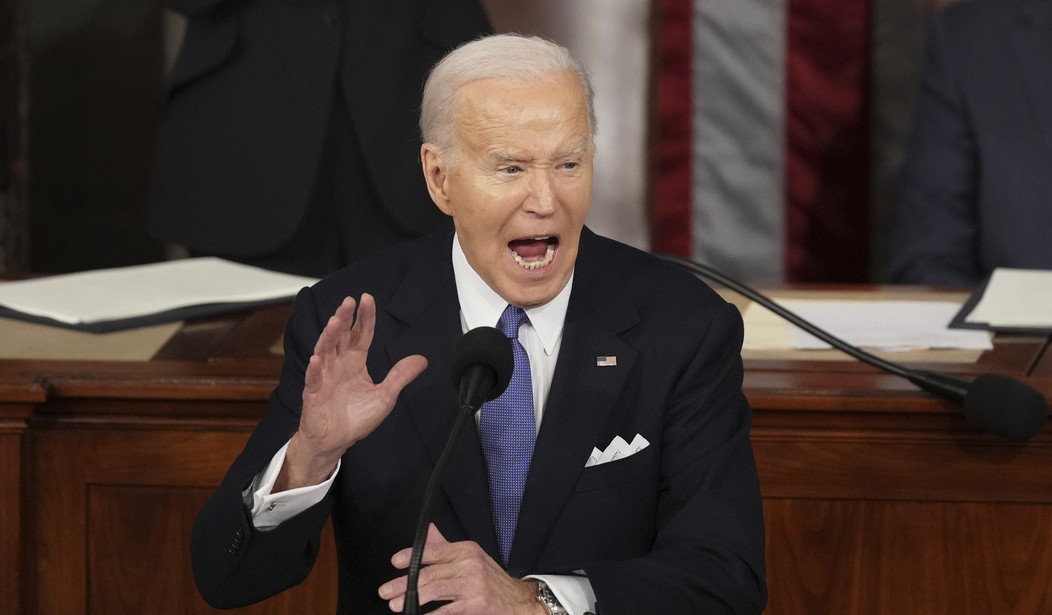When I was a young man (and Joe Biden was merely an old man, rather than a very old man), Democrats were the party of the working class and Republicans were the party of big business. But that’s long since not been the case.
There had been hints of this metamorphosis over the last 20 years or so – such as the "South Park" episode “Smug Alert” about the arrogance of hybrid car drivers or Obama’s so-called “Bubba Gap.” But when Trump swept the Rust Belt in 2016, it showed that Democrats’ defining 20th Century constituency had rejected their new 21st Century patrician class.
We’re seeing this play on a small scale – but with large-scale consequences – in a conflict over what might otherwise be an unremarkable M&A deal in Pennsylvania, the elector-rich state where Trump enjoys the narrowest of leads after winning it in 2016 but losing it to Biden in 2020.
Pittsburgh-based U.S. Steel has been receiving bids for its business. Last summer, Ohio-based Cleveland-Cliffs offered $7.3 billion to buy the company, but then Tokyo-based Nippon Steel came along a few months later offering $14.1 billion.
For U.S. Steel shareholders, the answer seemed obvious – who wouldn’t take almost double the price for the same thing? – so that’s when things became political.
See the idea of a Japanese company buying a Pennsylvania steel manufacturer is repellant to many. Pennsylvania’s Bethlehem Steel manufactured one-fifth of our entire US Navy fleet to beat the Japanese in World War II; its former head-quarters is now a casino.
Recommended
Of course, now Japan is our friend rather than our mortal enemy. Indeed, many years ago President Bush said of his friendship with Prime Minister Koizumi, “Decades ago, our two fathers looked across the Pacific and saw adversaries, uncertainty and war. Today their sons look across that same ocean and see friends and opportunity and peace.”
But Cleveland-Cliffs doesn’t want to be outbid here, so it’s leaning into election-year shenanigans. Its CEO Lourenco Goncalves has bragged about his influence over the very old Biden, saying “I can’t force US Steel to sell to me, but I can work my magic to make a deal.”
This is some next-gen arrogance on display, a product of Biden’s weak leadership: could you imagine anyone saying they could have worked “magic” over Trump? (Or frankly even Obama?)
But Goncalves must not really be that confident. As The Wall Street Journal reported last month, he’s playing the race card to smear his Japanese competitors.
“During a recent private call with investors, Goncalves appeared to mock the Nippon Steel executives while speaking with what sounded to two people on the call like a Japanese accent, the two people said. Cleveland-Cliffs didn’t respond to requests for comment.”
Cleveland-Cliffs brags about how wonderfully it manages “to foster a culture of diversity, equity and inclusion,” but apparently not when money is on the line.
A D.C. think tank, The Asia Policy Point, decided to take a similar tack when asked about a conservative letter that was written in favor of the deal, calling the effort an “astroturf effort” which is something they claim is “common for Japan.” So instead of engaging on the merits of the issue and having a debate about what is best for American workers and the economy we just have 1980s-style Japanophobia taking over.
Leaning into these kind of tactics is ridiculous at this point anyway, since recently Nippon announced that when the deal is approved, it will move its U.S. headquarters from Houston to Pittsburgh. So the foreign acquisition will probably be better for Pennsylvanians than would be a domestic acquisition.
With an annual production of more than 44 million tons, Nippon Steel is the largest steel producer in Japan and the fourth-largest in the world; U.S. Steel’s output is still an impressive 14.5 million. Combined the two would become the third-largest steel producer of Earth. Cleveland-Cliffs produces 16.8 million tons per year, putting it at No. 22, and would catapult into the Top 10 with US Steel’s tonnage.
But more important is the fact that if Cleveland-Cliffs were to acquire US Steel, it would control as much of 90 percent of steel used in domestically constructed vehicles – at least that’s what the Alliance for Automotive Innovation told Reuters recently. So that’s called a monopoly, and monopolies are usually bad for workers.
So if this deal does go through, maybe someone could tell Lina Khan, Biden’s anti-trust crusader at the Federal Trade Commission, that there’s another monopoly she could go after? If Biden doesn’t want her to, maybe Cleveland-Cliffs could teach her how to “work magic” on the very old man.

























Join the conversation as a VIP Member